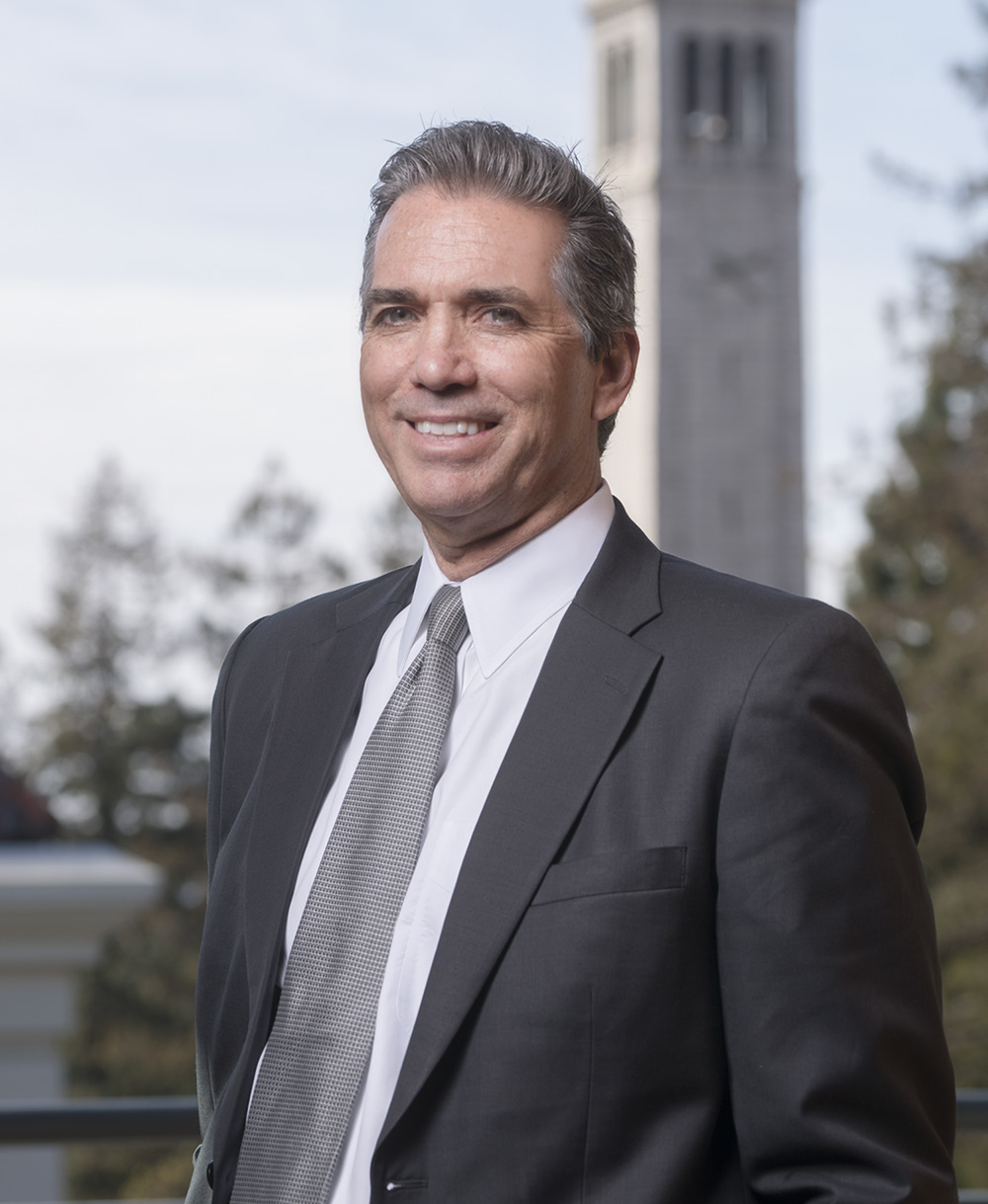
A Culture of Global Possibilities
By Dana Magenau
What other campus can claim to be the birthplace of both the atomic bomb and the free speech movement? How many universities have elements tagged with their name? What other institution offers degrees in financial engineering and campanology?
I am lucky to work in executive education at the world’s number one public university: the University of California Berkeley. Its Haas School of Business is the second oldest in the United States and consistently ranks in the top 10, a remarkable feat considering all elite business schools are private institutions. Haas’ mission? To “develop leaders who redefine how we do business.”
The Berkeley campus is in the heart of innovation – the San Francisco Bay Area and Silicon Valley. However, I no longer think of Silicon Valley as an area. It is more of a culture, and like any culture, it can spread. The culture has been moving north with firms like AirBnB, Twitter, and Uber setting up headquarters in downtown San Francisco. Others like Pandora and Pixar are even closer to Berkeley in neighboring Oakland and Emeryville. As I watch this migration, I am continually reminded what makes this culture so unique.
Before going any further, let me explain what I do. I work for Berkeley Executive Education and am the managing director of Asia Pacific. It is my job to sell executive education programs from UC Berkeley and the Haas School of Business to clients in Asia. In that capacity, I get to meet and spend time with some of the people who are helping reshape the way the world does business.
Executives coming from China and other parts of Asia are seeking ways to unlock new ideas, push traditional boundaries, and discover unique approaches to their businesses. It might sound like I am quoting a plaque on a wall, but this is exactly what UC Berkeley and the Haas School of Business teach – how to challenge conventional thinking.
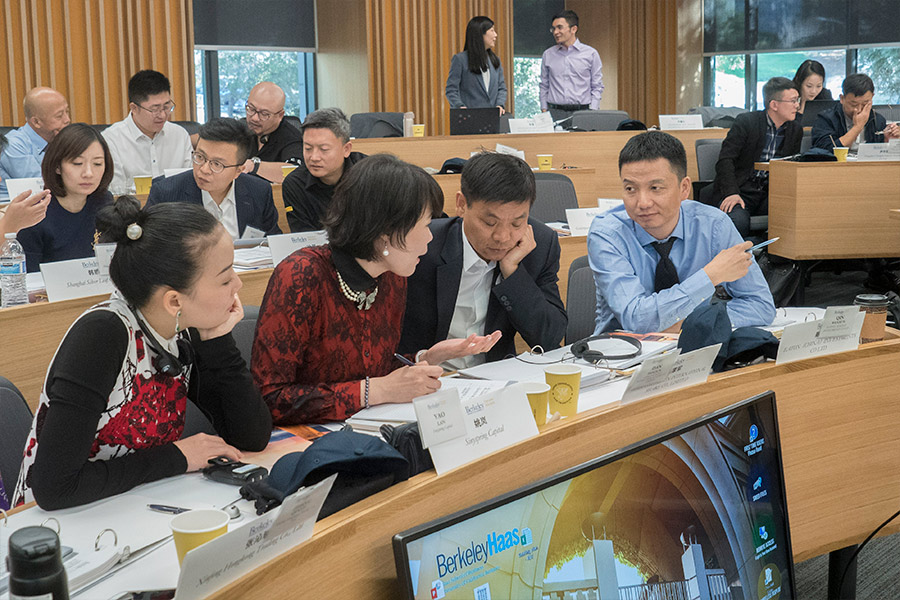
Berkeley Photos by Jim Block © 2018
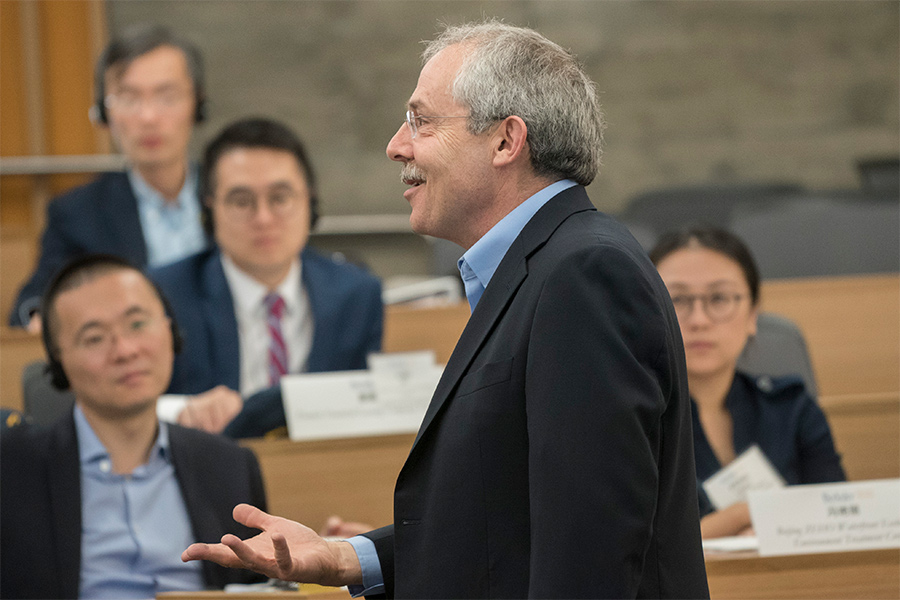
Some of Berkeley Haas’ leading minds and top professors like Maura O’Neil, Toby Stuart, Homa Bahrami and Drew Isaacs teach innovation and this unique culture to thousands of executives from nearly every part of the globe.
In particular, executives from China come to UC Berkeley Executive Education to learn how disruption can lead to new business opportunities. They want to learn how to shift their organizational culture to be more innovative, and they want to see and experience the newest ground-breaking technologies, whether those discoveries are related to their industries or not.
The appetite of Chinese executives for new knowledge initially surprised me. I was in China when the 19th National Congress of the Communist Party met last October. The news media ran video non-stop for a week of more than 2,000 men in dark suits rigidly seated in the Great Hall of the People listening to three-hour long speeches. These images did not exactly conjure up a spirit of entrepreneurism. However, what China may lack in individual wardrobe style, they make up for in their quest for knowledge.
I see this in nearly every program we run. The executives from China are eager to hear about anything new, including topics well outside their industries and interests. CEOs and other top business leaders from China listened intently to renowned biochemist Jay Keasling talk about biofuels being made from yeast. They were on the edge of their seats as famed astrophysicist Alex Filippenko explained the composition of stars. And they carefully pondered the possibilities of behavioral economics as the incomparable Shachar Kariv talked about game theory.
Why does this matter? Well, it is the Chinese executives’ interest in anything new that I believe is most important. In fact, it is this characteristic alone that surprises and delights me intellectually. Their proclivity to question the status quo might seem counterintuitive coming from a collectivist culture, but the Chinese have a fierce curiosity and quest for knowledge. It is this pursuit of learning that will ensure this area (i.e. culture) continues to thrive well into the future.
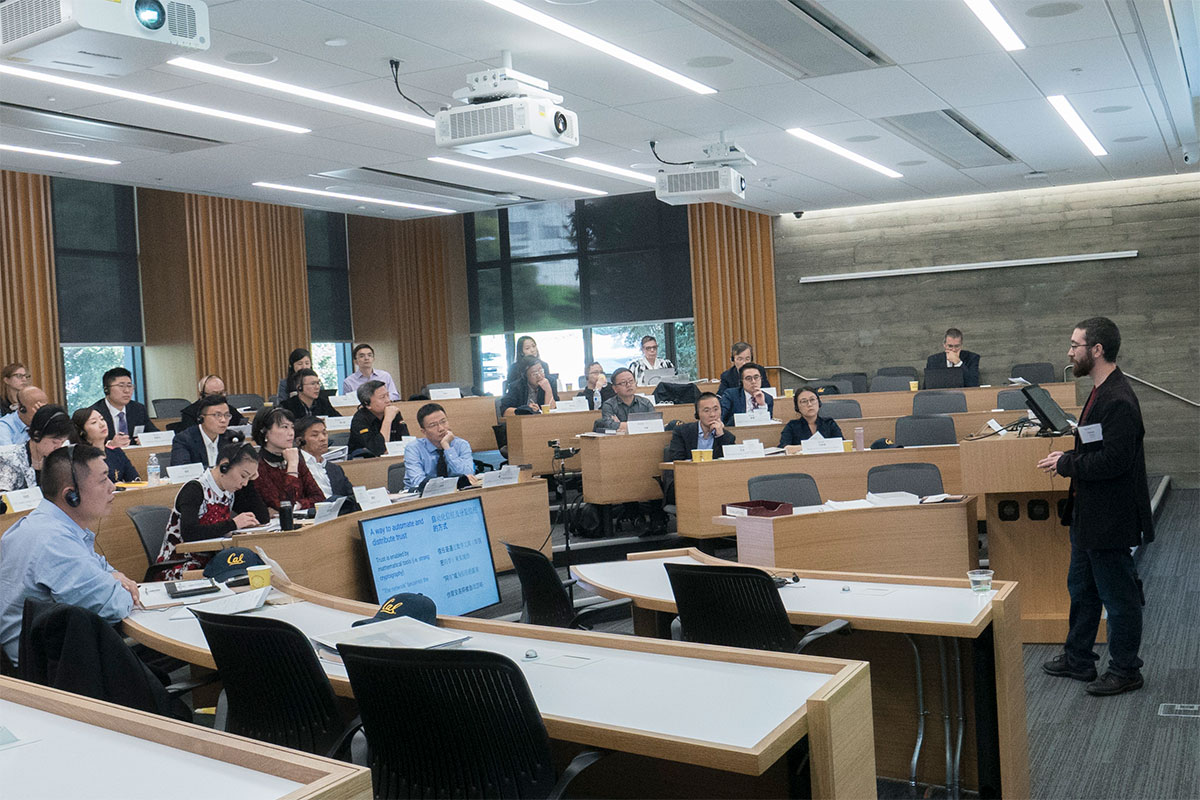
The greatest strength of Silicon Valley and the San Francisco Bay Area’s culture is its ability to roam outside its own comfort zones. The culture here is open to new and even disruptive ideas, and it is this openness that makes the innovative ecosystem so successful. The culture also has all the required elements for it to grow: 1) a steady stream of talent; 2) a highly desirable place to live; and 3) a lot of capital. This culture has the trifecta! Stanford and UC Berkeley provide a constant source of young, energetic talent. The Bay Area is a nice place to live and attractive to every generation despite its high costs. Finally, there is plenty of money to feed the appetite of all the startups and businesses that are reshaping our economy.
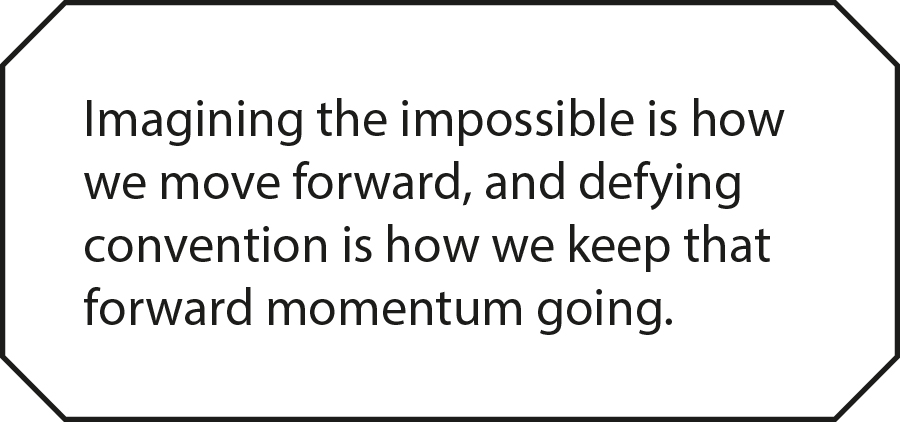
But I believe it is our insatiable appetite to learn new things that is the most important characteristic. As the Chinese executives come to learn more about this culture and inquire about what makes it tick, I am always pleased to see UC Berkeley and its professors engage the executives with the same amount of intellectual curiosity. Some of Berkeley Haas’ leading minds and top professors like Maura O’Neil, Toby Stuart, and Homa Bharami teach innovation and what makes this culture so unique to thousands of executives from nearly every part of the globe. Their willingness to learn from these executives is precisely why UC Berkeley and this ecosystem is unique. They ask as many questions as they answer, and it is this two-way exchange of ideas and information that sustains our competitive advantages. Thanks to another famous UC Berkeley professor, Henry Chesbrough, and his ground-breaking book Open Innovation: The New Imperative for Creating and Profiting from Technology, we know that innovation cannot occur in isolation. The culture here continues to reinvent itself by allowing the exchange of ideas to flow freely.
Imagining the impossible is how we move forward, and defying convention is how we keep that forward momentum going. We just witnessed a private company launch a rocket and a roadster into space. That same company wants to colonize Mars in 40 years. This quest for questioning the status quo is what makes me confident that this culture of innovation will continue to thrive and our contributions to businesses in a VUCA world (Volatility, Uncertainty, Complexity and Ambiguity) will not diminish anytime soon.

Dana Magenau has worked in education for more than 15 years. His early endeavors included business development for America’s Schools Program, and as Executive Director of the GRAMMY Foundation he was responsible for overseeing programs dedicated to keeping music in our schools. Prior to pursuing a career in education, Magenau spent 8 years in Asia, where he led sales in IMG China and helped establish China’s first professional leagues in soccer and basketball.
As Managing Director of Asia Pacific for UC Berkeley Executive Education, Magenau works closely with clients to create world-class leadership development programs, leveraging the expertise of the UC Berkeley faculty. Magenau holds a BA in Chinese from the University of Colorado Boulder. He loves to spend time with his family skiing, traveling and climbing mountains.
Dana Magenau
Managing Director of Asia Pacific
UC Berkeley Executive Education